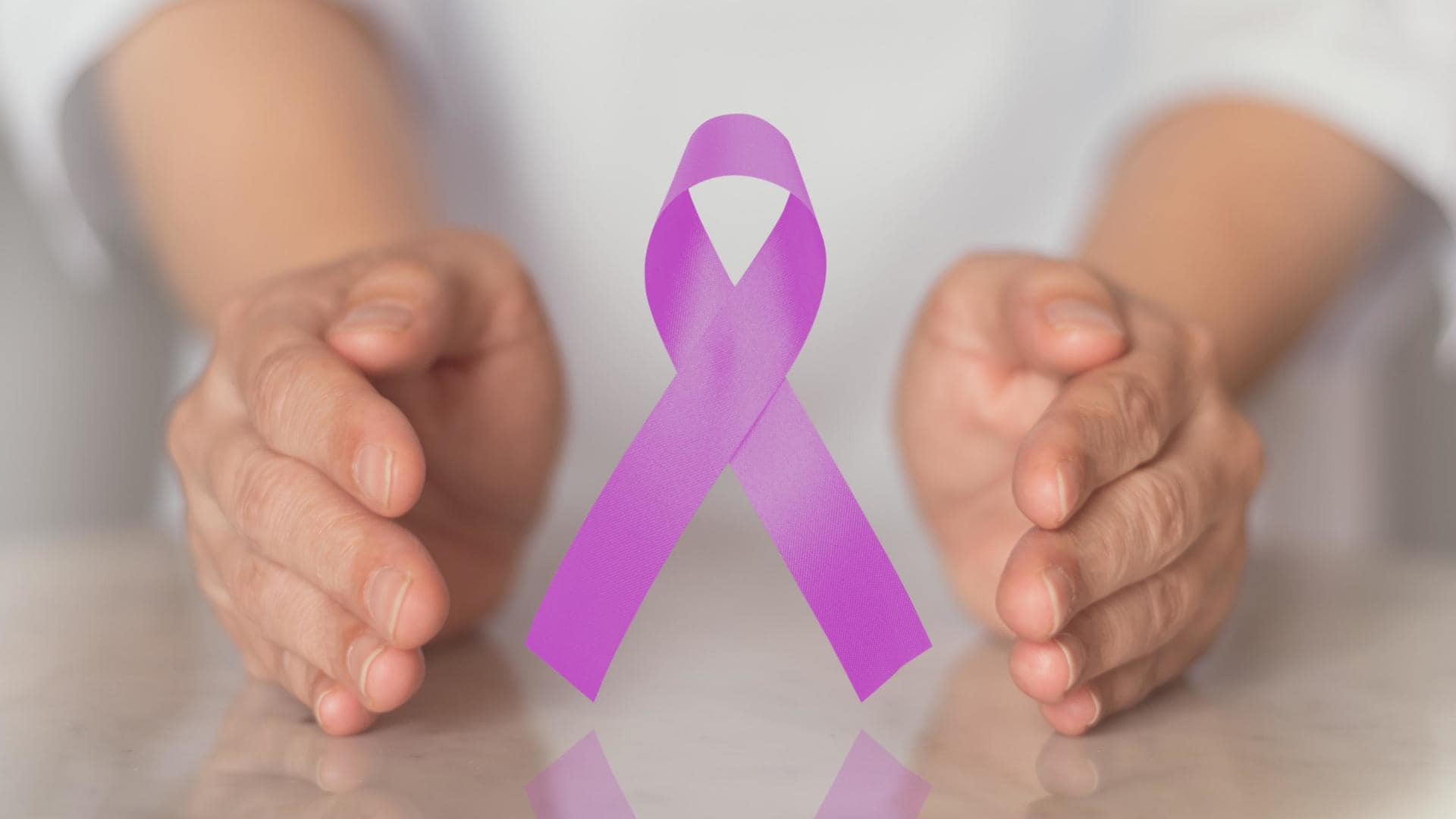
Inflammatory Bowel Disease: Symptoms, causes, and available treatment options
What's the story
Inflammatory Bowel Disease (IBD) affects about seven million people globally. Although not common, more people have been diagnosed with it in the last 20 years. IBD is a serious and long-lasting digestive disease with no known cure or definite cause. Let's explore the symptoms, possible causes, and available treatments for IBD to gain a better understanding of this complex condition.
Context
Here's what our expert says
Inflammatory bowel disease (IBD) is a group of disorders in which there is a chronic inflammation of the intestines. It presents with pain and swelling of the intestines with the presence of occult blood in stools. It can be genetic or due to an immune response to allergens in the gut. IBD can be confused with irritable bowel syndrome and must be diagnosed correctly.
Types
How many types of IBD are there?
There are two main types of IBD: ulcerative colitis and Crohn's disease. Ulcerative colitis targets the colon and rectum, causing inflammation and ulcers. On the other hand, Crohn's disease can affect different parts of the digestive tract, particularly the small intestine, but also the upper digestive tract, and occasionally the colon. These conditions involve inflammation in the digestive system.
Signs
Symptoms of IBD
Ulcerative colitis shows signs like blood and mucus in the stool, frequent diarrhea, loss of appetite, and a strong urge to use the bathroom even without passing stool. Crohn's can have similar symptoms, but it may also bring nausea, weight loss, and bloating, with less bleeding and diarrhea. Both diseases can cause inflammation in the eyes, joints, and skin.
Cause
What causes these diseases?
The causes of IBD are not fully understood. It's believed that a combination of genetic and environmental factors plays a role. Some factors linked to IBD include exposure to specific bacteria or viruses, unhealthy diet, stress, smoking, immune system issues, and hereditary factors. By recognizing these potential risk factors, steps can be taken to reduce the chances of developing these diseases.
Treatment
Is there a cure for IBD?
There's no cure for IBD. However, treatments exist to manage symptoms and control the condition. Steroids are often used to reduce inflammation in the digestive tract, and medications like immunosuppressants can also help. Surgery might be needed to remove the affected part of the intestine in some cases. These treatments aim to alleviate symptoms and improve the quality of life for individuals with IBD.
Prevention
Is there anything you can do to prevent IBD?
Preventing IBD isn't possible, but you can make lifestyle and dietary changes to help manage its symptoms. Eating smaller meals regularly, finding healthy stress-management techniques, getting a good night's sleep, and keeping a food diary to identify trigger foods can all make a difference. Reduce intake of fibrous, spicy, greasy, and milk-based foods during flares while cutting back on caffeine, carbonated beverages, and liquor.